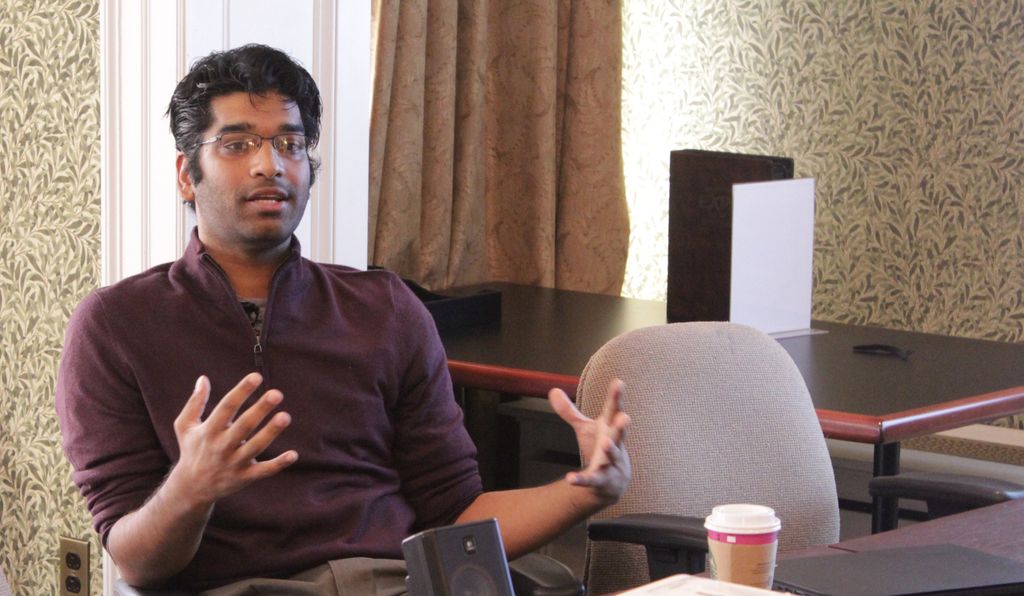Karra Presents at EEA on Reproductive Health in India
Mahesh Karra, Assistant Professor of Global Development Policy at the Frederick S. Pardee School of Global Studies at Boston University, attended the 46th Annual Conference of the Eastern Economic Association in Boston and on February 29, 2020, presented his research on reproductive health in India.
Professor Karra and his co-authors presented an analysis of their ongoing study in India, titled “Curse of the Mummy-ji: The Influence of Mothers-in-Law on Women’s Social Networks, Mobility, and Reproductive Health in India.”
From the abstract of the paper:
Restrictive social norms and strategic constraints imposed by family members can limit women’s access to and benefits from social networks, especially in patrilocal societies. We characterize young married women’s social networks in rural India and analyze how inter-generational power dynamics within the household affect their network formation. Using primary data from Uttar Pradesh, India, we find that co-residence with the mother-in-law restricts her daughter-in-law’s mobility and ability to form social connections outside the household, especially those related to health, fertility, and family planning.
These restrictions are mainly motivated by the misalignment of fertility preferences between the mother-in-law and the daughter-in-law. Using an instrumental variables approach, we show that women who have fewer peers outside the household due to co-residence with the mother-in-law are less likely to visit a family planning clinic and to use modern contraception. We find suggestive evidence that these results operate through at least two channels of peer influence: outside peers alter a woman’s beliefs about the social acceptability of family planning (“information channel”) and help her overcome the mobility constraints imposed by her mother-in-law by accompanying her to the clinic (“companionship channel”).
A link to the paper can be found here.
Karra’s academic and research interests are broadly in development economics, health economics, quantitative methods, and applied demography. His research utilizes experimental and non-experimental methods to investigate the relationships between population, health, and economic development in low- and middle-income countries.
